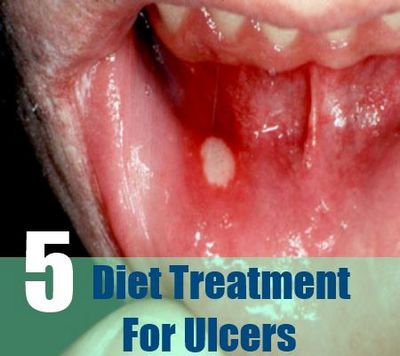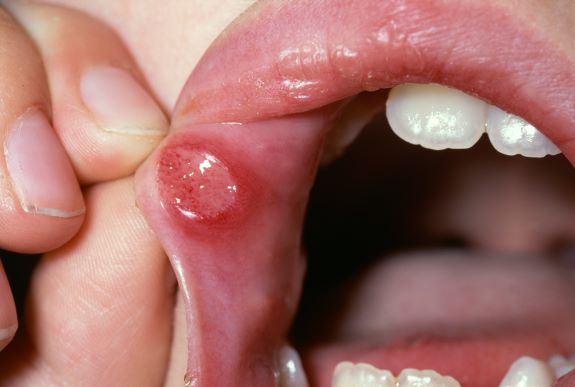Symptoms of Mouth Ulcer

Mouth ulcer is sores or ulcers in the mouth that can be very painful and bothersome
These sores usually appear as a red spot or ulcer in the gums. They occur due to a breakdown in a layer of tissues in the oral cavity called the dentin.
Mouth ulcers generally occur when tissues inside the mouth cannot support itself properly. They mostly appear as a blister or red spot. They are usually associated with several health conditions including diabetes, heart disease, cancer and osteoporosis. If left untreated, they can cause more serious conditions such as gangrene and necrotic mouth. They can also be fatal if not treated well.
Although these sores may appear as tiny sores, they can actually spread from one area of the mouth to another and damage or even kill other parts of the body as well. Therefore, it is important to identify the ulcer on your own and not to take any chances. Some mouth ulcer symptoms include:
A painless ulcer with a red spot on your mouth is commonly referred to as bleeding gums. You will find blood when you brush your teeth or floss. Other symptoms may include fever, chills, nausea, vomiting and diarrhea. You should contact your doctor immediately for a proper diagnosis.
Tooth decay can appear as a yellow or white spot on the surface of the gums. It is very uncomfortable to eat food and to have oral sex with someone who has this disease. Tooth decay can cause gum disease or periodontitis. Periodontitis is more serious than the normal disease of tooth decay. It can lead to permanent tooth loss and severe infection.
If you see white spots on your tongue or other parts of the oral cavity, it could be an indication of oral thrush. Oral thrush is a yeast infection, which occurs when the fungus develops in the oral cavity and causes inflammation of the gums. There is usually no pain but sometimes, it may itch or burn.

Tooth decay and gum disease can also cause bleeding gums
You may notice a discolored stain on your teeth. You should take the help of a dentist or a dental hygienist to diagnose the problem. and treat the condition. Gum disease and teeth bleaching are an effective treatment for this condition.
If you notice any of these symptoms, see your dentist right away for proper diagnosis and treatment. In most cases, mouth ulcer can be cured easily. It can be treated with antibiotics and antifungals.
For the treatment of this type of ulcer, antibiotics are given as a drug or as part of a topical application. Antibiotics are given to fight mouth bacteria and remove the bacteria that causes the infection.
Antibiotics are usually taken orally, but there are oral applications as well. Oral antibiotics, also known as isotretinoin, are used to treat mild cases. In severe cases, oral antibiotics are combined with an oral anti-fungal drug to kill the bacteria.
Oral antibiotics are prescribed by your dentist in the most severe cases of mouth ulcer. The duration of treatment is usually two to three weeks or even longer.
The duration of your antibiotic treatment depends on the severity of your condition. There are times when oral antibiotics need to be taken for a long time. However, your dentist will tell you the duration of your antibiotic treatment in advance.
When the antibiotic treatment has been completed, you need to keep yourself away from the bacteria that caused the infection in the first place. If you smoke cigarettes, you should stop smoking to prevent the infection from spreading. To prevent the spread of mouth ulcer, you should avoid sharing cups and other items with others.